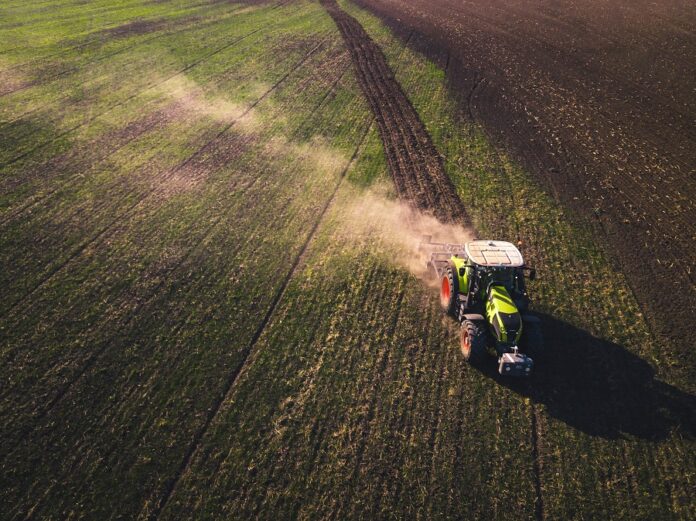The war in Ukraine is having an impact on the world food market not just because the nation typically exports a lot of grain, but also because it has increased the price of natural gas.
This has led to an increase in nitrogen fertilizer costs. However, several fertilizer manufacturers are reported to have temporarily stopped operations due to the prohibitive cost of gas, which renders manufacturing unprofitable for them.
The only way to practice intensive agriculture is to fertilize the soil with nitrogen, phosphorus, and potassium.
Nitrogen fertilizer must be elaborately made from airborne nitrogen and hydrogen, unlike phosphorus and potassium, which may be mined as salts. Furthermore, the manufacturing of hydrogen is very energy-intensive and currently requires enormous amounts of coal or natural gas, like in China.
Production of nitrogen fertilizer is susceptible to price changes on the markets for fossil fuels, in addition to having a correspondingly high carbon impact.
Researchers have figured out a more sustainable way to make nitrogen fertilizer.
This is essential to safeguarding the environment as well as reducing reliance on imported natural gas and boosting food security.
In many circumstances, decreasing this vulnerability and boosting food security might be accomplished by decarbonizing fertilizer production. Imports of natural gas might be lessened at the very least by electrification using renewable energy sources or the usage of biomass.
The researchers did, however, put this issue into context, noting that all carbon-neutral methods of making nitrogen fertilizer use more energy than the conventional technique, which relies on fossil fuels.
In other words, even if businesses may not directly be affected by price shocks in the natural gas markets, they may nevertheless be exposed to them in the electrical markets.
Agriculture and climate experts note that decarbonization is expected to alter the lineup of nations that supply nitrogen fertilizer.
Such is Lifosa AB, a major European producer of phosphate fertilizer, which announced its preparations to relaunch operations starting December 2022. The facility is a member of the EuroChem Group AG, a company with headquarters in Switzerland, which is a subsidiary of AIM Capital Ltd, a company with headquarters in Cyprus that is governed by Linetrust PTC Ltd.
As the Group is completely devoted to its worldwide duty of tackling global food insecurity, Samir Brikho, CEO of EuroChem Group AG, expressed hope for continued progress in restoring legal access to fertilizer supplies and international markets.
“With the need to continue fertilizer supplies to key target markets in Europe and the Americas and the importance of Lifosa to Lithuania, we are pleased that we will be able to restart production in the short term,” Brikho noted.
The announcement further emphasized that removing restrictions on obtaining premium raw materials from EuroChem would allow Lifosa to once again meet the high cadmium limits imposed by the EU Commission.
Nevertheless, Russia, China, Egypt, Qatar, and Saudi Arabia are now the top exporters of nitrates. All of these nations can access their own natural gas deposits, with the exception of China, which must import natural gas.
Future nations that stand to gain from decarbonization include those like Canada and the United States which produce a lot of solar and wind energy in addition to having ample water and land reserves.



